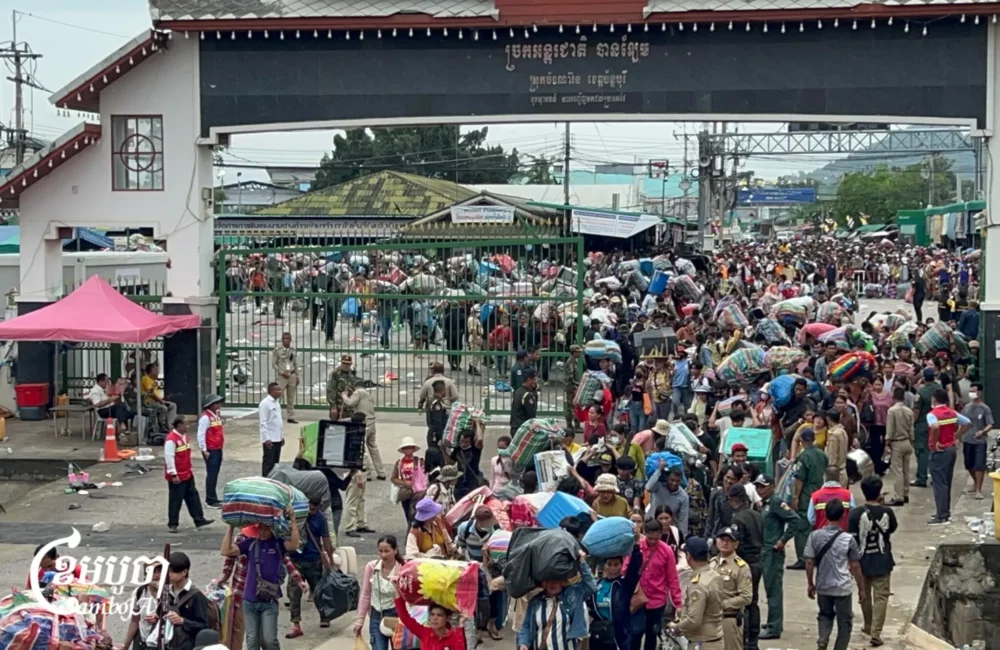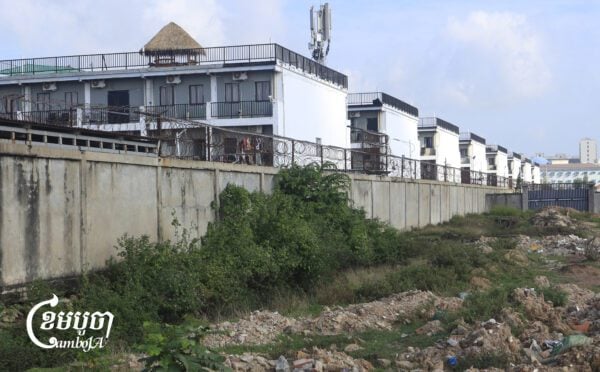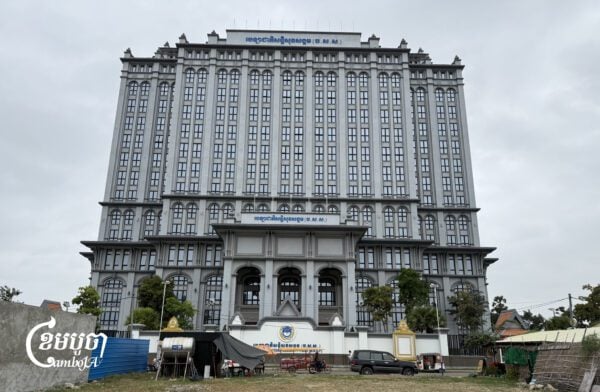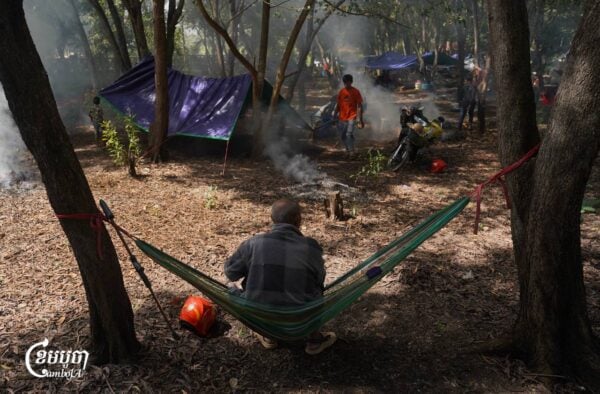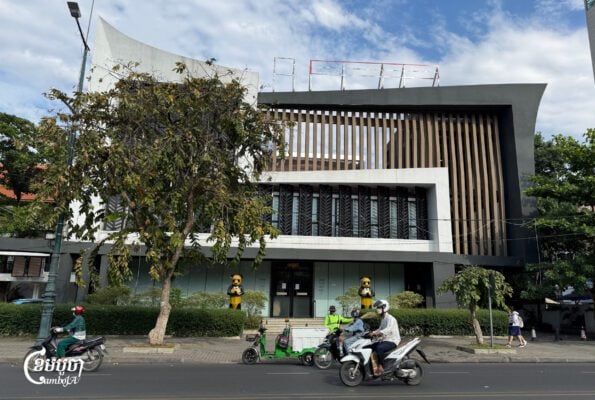Listen to the audio version of this article (generated by AI).
Non-performing loans or loans overdue for more than 90 days saw a slight increase in the third quarter of 2025, which microfinance institutions and labor rights organisations said might be partly attributed to the unemployment of migrant workers returning from Thailand.
Credit Bureau (Cambodia) Co., Ltd (CBC)’s report in early November stated that the retail credit quality of personal loans, measured by the ratio of loans 90 days past due (90+DPD), has increased slightly, reflecting people’s inability to repay.
The amount of credit balances of non-performing loans for more than 90 days increased by 6.5% overall across the region. The largest increase was in the highlands, which is 24%, coastal areas (9%), Tonle Sap areas and lowlands (6%).
CBC chief executive officer Oeur Sothearoth told local media that the credit quality dipped from 5.41% in the second quarter to 5.69% in the third quarter of 2025.
The number of customers with a single loan remains high at 71.01%, while the number of customers with multiple loans remains low at 28.99%.
Of these, 60.90% of personal loan borrowers possess one account, whereas 26.76% have two credit accounts, 8.75% (three accounts) and 3.59% have more than three loan accounts.
As of September 2025, the amount of personal credit rose by 5.76% compared to the second quarter of 4.75%, bringing the total number of accounts nationwide to 2.32 million.
Cambodia Microfinance Association (CMA) spokesperson Kaing Tongngy said that the increase in loans with a delay of more than 90 days is due to a number of interrelated factors, including COVID-19, the global economic crisis, and the Cambodia-Thailand border conflict.
He explained that the border conflict has “severely” affected people, especially those living in border areas. The impact has spread to all aspects of life, such as daily businesses being disrupted or completely lost, decreasing family income, and limited ability to spend.
“These combined reasons have caused our people to experience a decline in income. As for those living in border areas, it can be said that they have almost lost their income,” he added.
He noted that the impact is not only on those living directly along the border but also people whose businesses rely on cross-border trade activities, such as importers of goods from Thailand or vendors selling goods in Thai markets.
Another factor is the return of migrant workers from Thailand, who have yet to find work back home. However, he said that there is currently no clear data showing a direct link to this issue and the rise in loan defaults.
He recalled that when the workers were employed in Thailand, they were able to send money to support their families, including their parents’ businesses and farm work.
Liam Sanoeurt, 40, a migrant worker who returned from Thailand due to the border conflict in July, said she delayed her loan repayment from September as she had not secured a job, and it was not time for rice harvesting.
“I asked them to delay [repaying the debt] because I had to earn money to pay them back […] Sometimes the credit officer would come to my house and ask me when I would pay him and I would tell him to wait until I had a job. Now it’s almost time to pay him back, but the rice hasn’t been harvested yet. I don’t know how I’ll pay him.”
Sanoeurt recalled that she decided to find work in Thailand to have an income to pay off a loan of 10 million riel (about $2,500) she borrowed in 2024 from two banks. The interest alone was 500,000 riel (around $125) a month.
When she first returned from Thailand, she worked at a construction site for a month in Phnom Penh but went back to her hometown in Banteay Meanchey with her husband later because the construction foreman paid her only half of her two million riel salary for the month. She said that money was spent on travel, with only a little left to repay the loan.
Ministry of Labor spokesperson Sun Mesa could not be reached for comment. However, on Thursday he said 340,000 jobs had been found for workers who returned from Thailand, including informal positions.
According to the ministry, more than 900,000 migrant workers are estimated to have returned from Thailand following the border conflict, while uncertainty persists in an economy where more than 88% of workers are in informal employment.
CENTRAL executive director Moeun Tola believed that the high rate of unemployment among migrant workers returning from Thailand is the “main factor” contributing to the increase in loans overdue for more than 90 days.
He compared this to the findings in 2024, where over 50 percent of workers were already indebted, but were able to repay those debts because they had jobs.
This year, due to the Cambodia-Thailand border dispute, around 900,000 migrant workers have returned, with only 30 percent having found work.
“I believe the increase in the number of people who are late or unable to pay, as recorded by the CBC, is likely due to returning workers who have not secured employment,” he said.
He recommended that the government implement the previously announced policy on debt suspension.
The policy has not been implemented yet, despite the government’s call to microfinance institutions, as evidenced by workers who reported not receiving such relief. The lack of action by financial institutions has resulted in pressure on them.
In terms of job creation, he suggested that the agriculture sector encourages workers to focus on farming rather than migrate for work.
He said the government could reform or consider providing social land concessions, such as rice fields and farmland for cultivation, and facilitate the sale of agricultural products to export companies.

